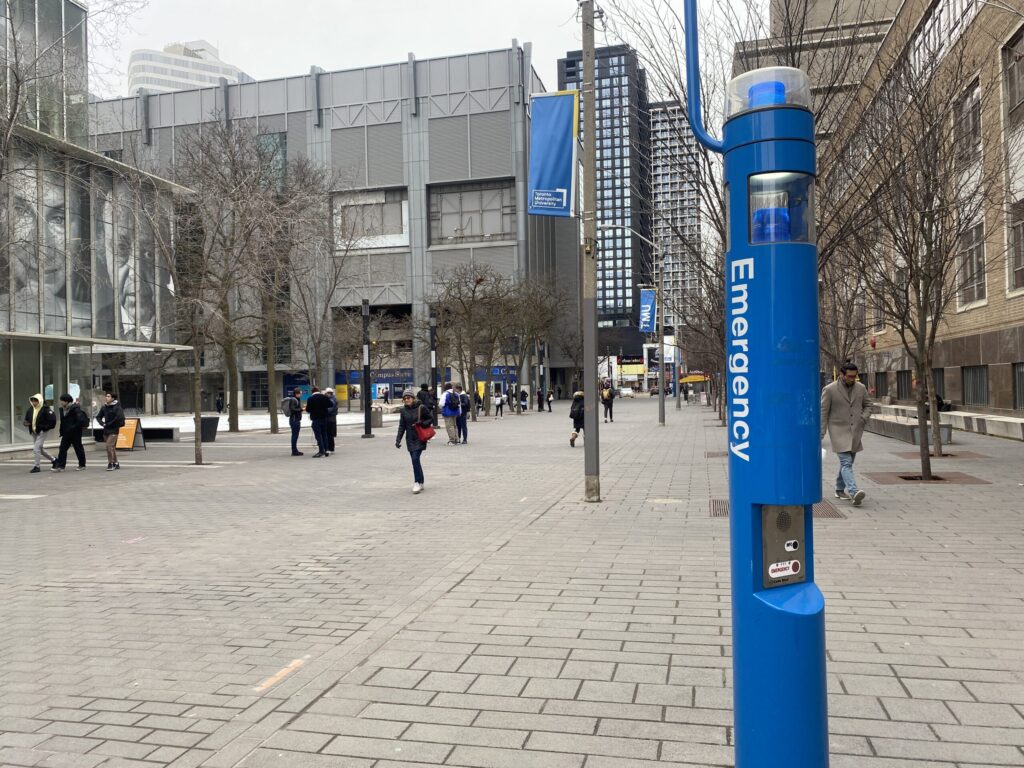
Listen to the whole story here:
As the new school year begins, students across Ontario face a lot more than academic pressure. Tuition fees, housing costs, food and other daily expenses continue to climb, leaving many students wary of whether they can make ends meet.
A 2025 report from CIBC shows that approximately 48 per cent of post-secondary students rely on government assistance, such as Ontario Student Assistance Program (OSAP), to afford their education. Without these programs, the CIBC report suggests many would be forced to lean on their families’ finances or would have to reconsider their studies.
For some, the financial strain has already changed the way they get their education. Quinn Corbett, a marketing student at Fanshawe College, decided to take his education online so he could stay in his childhood home when he realized the costs of attending in person were too high, even with government help.
“I do regret maybe not going [in-person] and having the opportunity to get out and meet new people,” Corbett said. “Tuition for part-time is a lot less. The tuition costs, housing my first year … everything is so expensive.”
While financial aid is important, fees have gone up. For first-year students, residence fees have increased four per cent while the cost of the mandatory meals program climbed five per cent, according to TMU Housing and Residence. Ancillary fees, including student health, have also increased by nearly by three per cent, according to the university’s 2025 budget.

Many students are also looking for part-time work to keep up with their expenses and this year especially, those jobs are getting harder to find.
Youth unemployment for Canadians between the ages of 15 to 24 hit 17.5 per cent in July, according to Statistics Canada. That is a 5.4 percentage point jump in just two years.
“I am currently struggling to get a job,” said Aaliyah Ali.
Ali is a third-year business management student at Toronto Metropolitan University (TMU). OSAP and other disability-related programs have not always covered her costs, she said, forcing her to keep searching for work.
“I’ve been doing odd jobs that pay me in cash, but that’s not enough. It’s frustrating,” she said
The school has been lobbying the Council of Ontario Universities for more support while trying to expand its own aid programs, according to Mohamed Lachemi.
“[TMU is] pushing very hard to make sure that people who are making those decisions can pay attention to our students,” he said.
“TMU is offering a range of support to help students — we are doing our best.”
In producing this story we used Otter.AI for all the interview transcripts.
